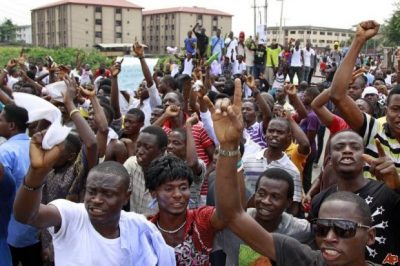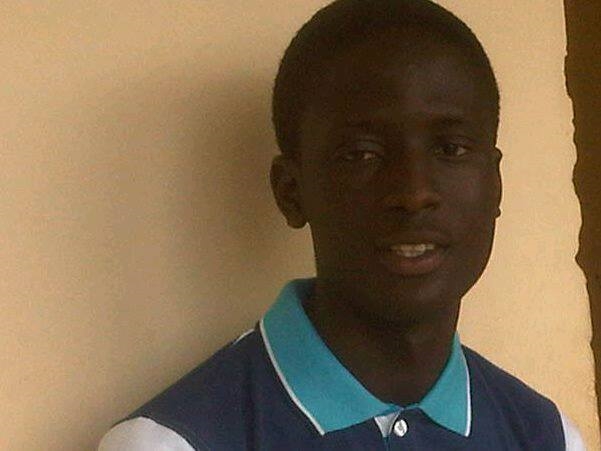Democracy: Benefit or Bane of Society?
Administrator

By
At the end of May, Nigeria celebrated its Democracy Day, a path of freedom for the people and society.
Seventeen years ago in the political history of Nigeria, our system of government transpired from a military to federal system of government to enact a republic that discharged its duties in the interest of the people. A system whereby decisions are implemented on the desire of the people to subvert the dictatorial hierarchy of African society. Democracy exposes us to the idea of selecting leaders via electoral process to serve in various positions with the interests of the people at heart.
This channel is essential and is neccessary for those in power to serve its citizens by providing amenities and implementing policy that favours the masses.
Corruption had thrown us into a derelict state of ignorance, we no longer know the essence of freedom nor are we conscious of our rights. Here and there we are thrown off balance and consider the question of our votes counting or our leaders regarding its citizens as more important than their affairs.
When the promises are no longer fufilled, the security of the people is no longer guaranteed, creating an atmosphere of timidity in a republic for the people and by the people. Ideas, opinions and expressions are no longer salient which exhibits the frail relationship between political leaders and citizens, raising the question as to why and whether or not democracy is valid.
A state we do not know the essence of or that we no longer believe in the reality sometimes denies the existence of their citizenship. As inscribed by Joy Hertzler in her book Social Progress, “failures of government have almost been failures of free public opinions, mostly of public opinion that was ill formed, that was denied the facts, or that was misguided by self constituted masters.”
Are we aware of the essence of democracy when people are killed without justice? Do we realise our right when public funds are transferred to the personal treasury of an individual without investigation?
Do we question the essence of democracy when the masses are neglected and their requests fall on the deaf ears of our leaders? Are we practising a democratic republic in a divided region where clashes and violence are the order of the day?
Democracy is a government for the people, by the people and for the people. Has this statement been rephrased as the government for self will?

Ogunniyi Abayomi was born July 11, 1991 in the city of Lagos, where he resides. A poet and essayist whose works have been published in various journals.


